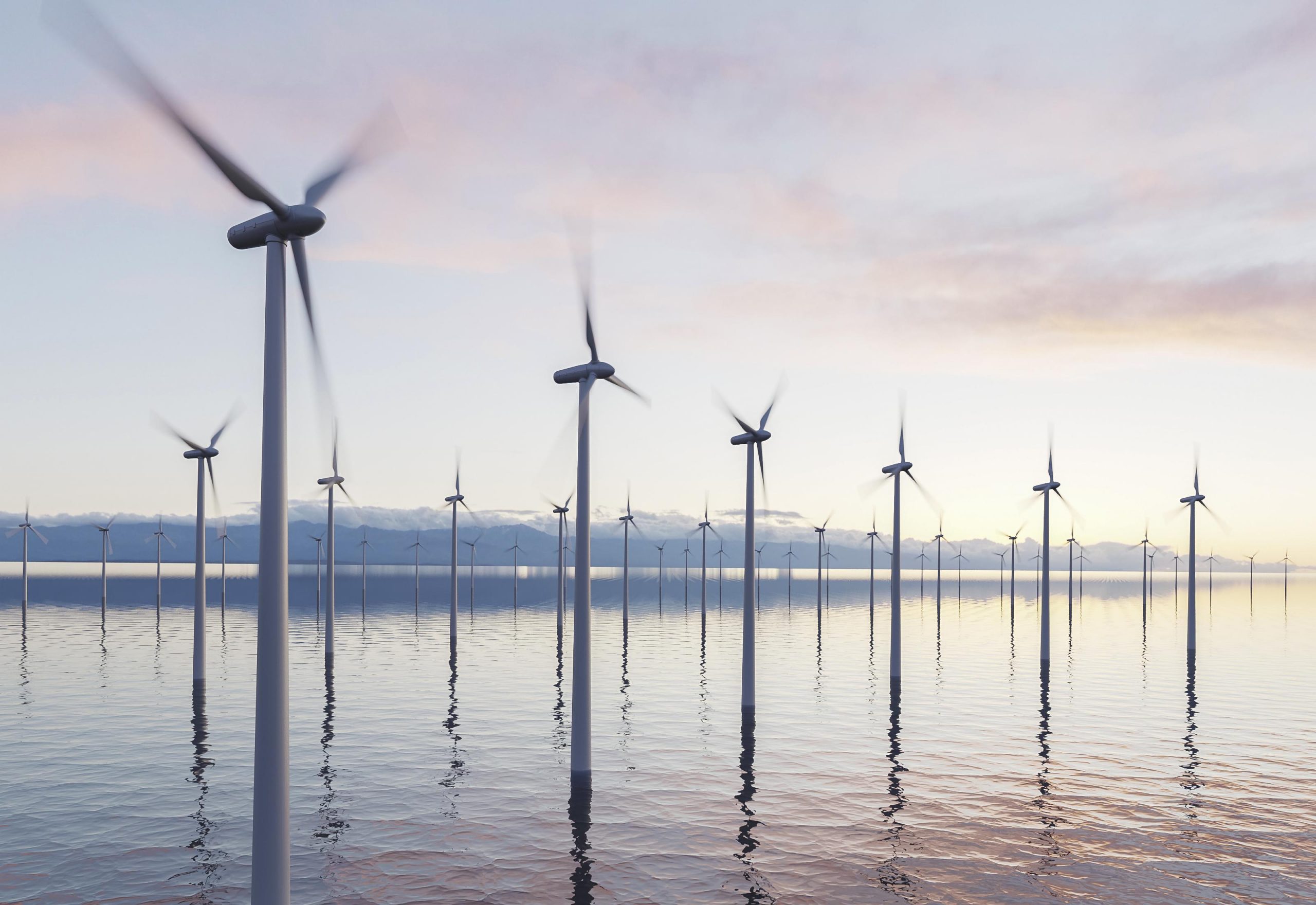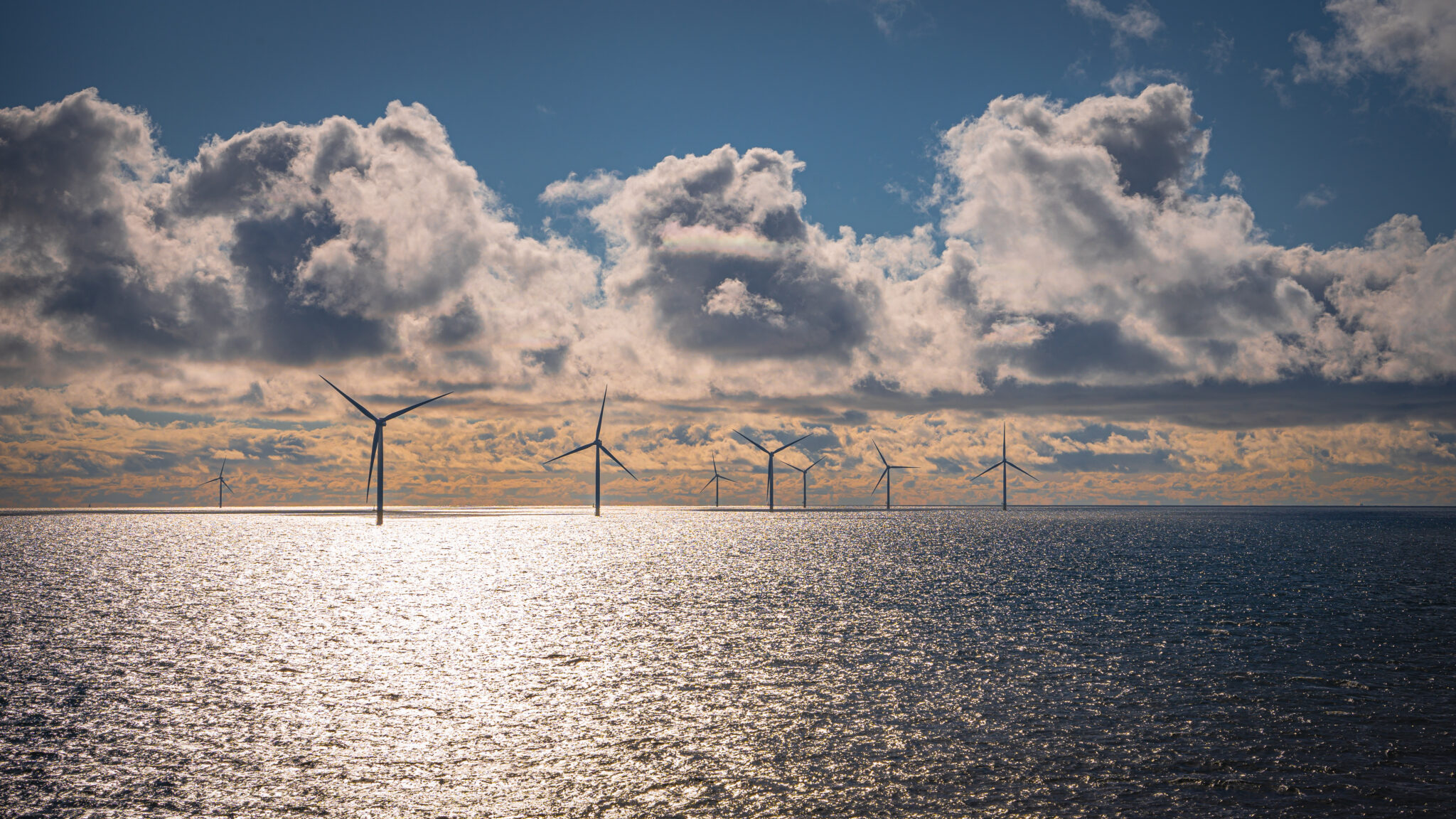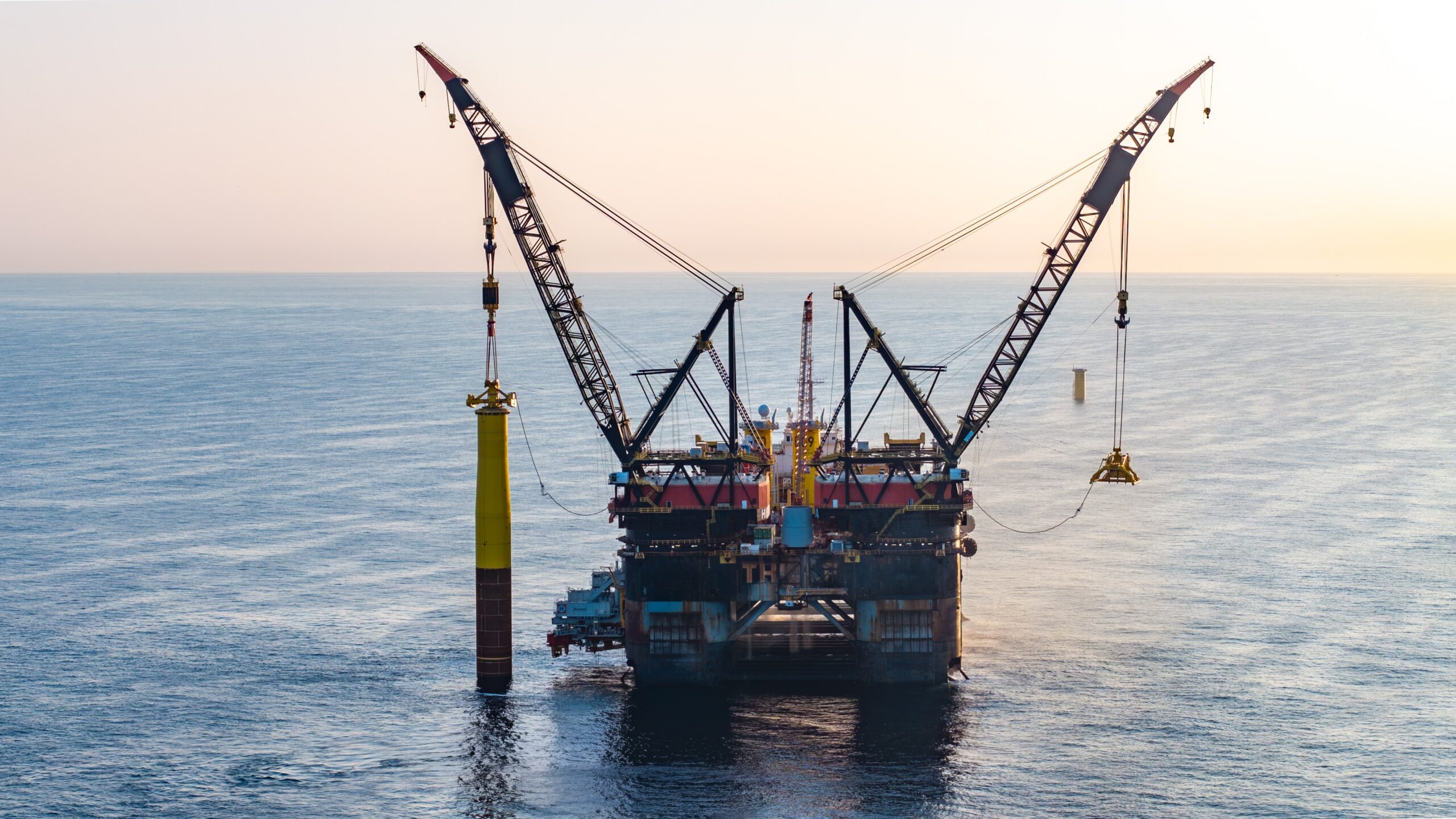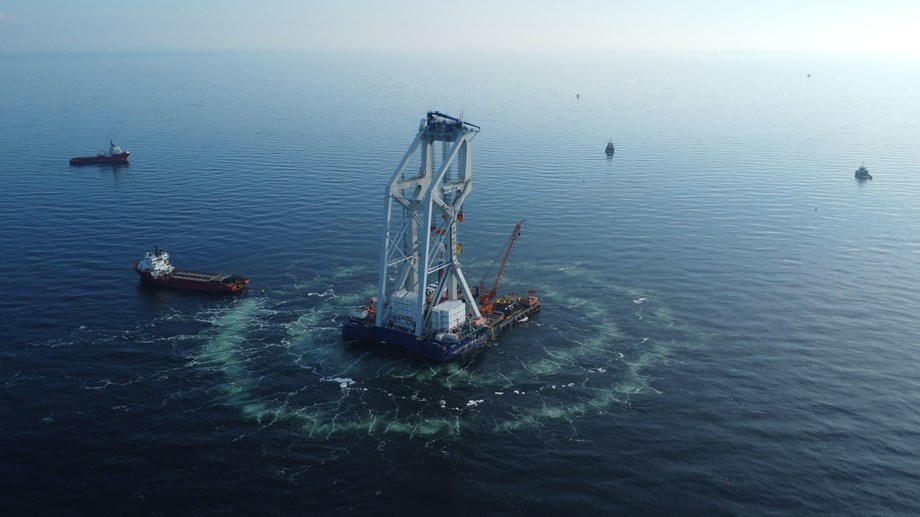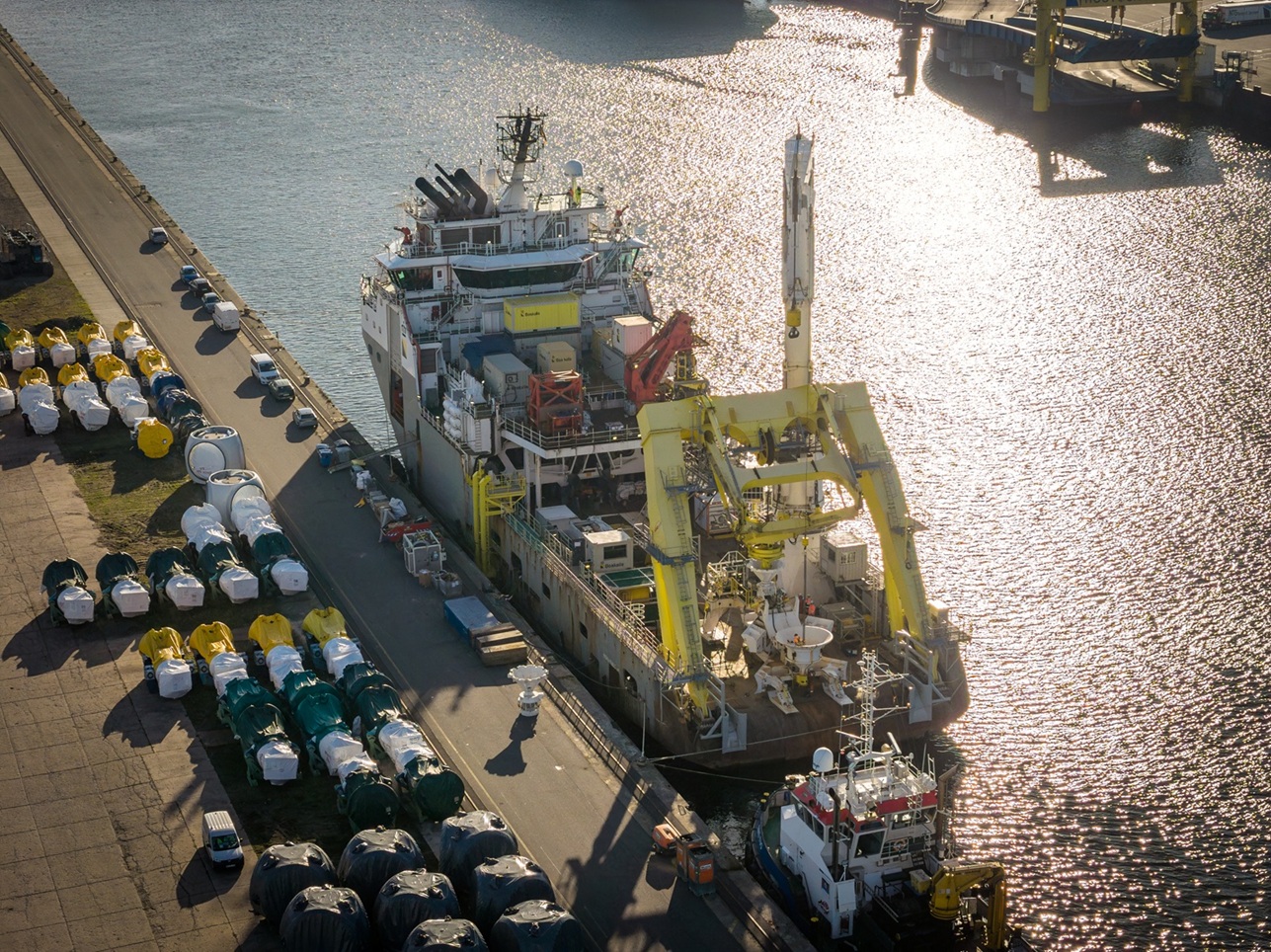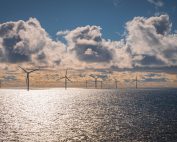While the government seeks a quick clarification on whether open-door offshore wind projects violate EU regulations, Minister for Climate, Energy and Utilities, Lars Aagaard, will launch tenders for a total of 9 GW of offshore wind power this year. This will pave the way for a fivefold increase in Danish offshore wind energy by 2030.
The government and authorities are working to quickly clarify whether offshore wind and other open-door RES projects violate EU law. In parallel to the dialogue with the European Commission, Minister for Climate, Energy and Utilities Lars Aagaard announces that tenders for 9 GW of offshore wind energy will start this year.
“My ambition is for the tender process to be launched in 2023, which of course foresees that the process with the conciliation group will meet the ambitious timetable” – says Minister for Climate, Energy and Utilities, Lars Aagaard.
With 9 GW of offshore wind power the turbines could produce green energy equivalent to covering the annual electricity consumption of more than 9 million households. This energy could also go to Denmark’s PtX (Power-to-X) projects.
“We need the open-door proposals to be resolved quickly, this is our top priority right now. The situation is untenable for operators and is a reason for the dialogue with the European Commission at all levels. Beyond that, we also need to look at what we can do to increase the use of offshore wind through government tenders. That’s why next month I will be calling for negotiations on a framework to start tendering for the construction of 9 GW of offshore wind this year. This could increase our offshore wind capacity fivefold and the ambition is to have the turbines spinning by 2030” – says Minister Lars Aagaard.
The target of building 9 GW of offshore wind comes from the June 2022 climate agreement on green energy and heat – which was made by a large majority in Parliament before the general election. These are offshore wind projects that will be put out for public tender and therefore have nothing to do with projects that have been put forward under the open-door program.
Analysis of options for more than 9 GW of offshore wind power
The government is currently looking into ways to give offshore wind developers more freedom to install more offshore wind in locations that have been offered to them through government tenders than the amount previously agreed upon in the climate agreement and other political agreements. This could, potentially, significantly increase the 9 GW target.
“The government will spend the coming weeks leading up to the negotiations exploring whether and how we should give developers more freedom to build as much offshore wind as possible on land we have already designated for it. This could potentially mean that much more offshore wind energy than the agreed 9 GW will be installed” – says Minister for Climate, Energy and Supply, Lars Aagaard.
The possibility of giving more freedom to offshore wind developers in selected areas is called ‘overplanting’. If applied, it could increase the number of offshore wind installations in previously selected areas. The sites selected for government tenders do not overlap with the sites that market players have applied for under the open-door programme.
“In addition to the negotiations for 9 GW of offshore wind, this spring we will also decide how to put an energy island in the North Sea out for tender. Therefore, even though I am very aware that current situation with open-door applications creates uncertainty for players, the signal here is that the government is focused on securing more new offshore wind as soon as possible” – says Minister Lars Aagaard.
Among the 9 GW for which the government will start tenders this year, there are the energy island of Bornholm, Hesselø and another 5 GW of offshore wind projects.
Earlier this month, the Danish Energy Agency decided, following dialogue with the Secretariat for State aid of the Ministry of Enterprise and Industry, to suspend the consideration of projects under the open-door scheme, as the authorities believe that the granting of permits for offshore wind and other renewable energy projects under this scheme may be in breach of EU law.
Source: Ministry of Climate, Energy and Utilities
